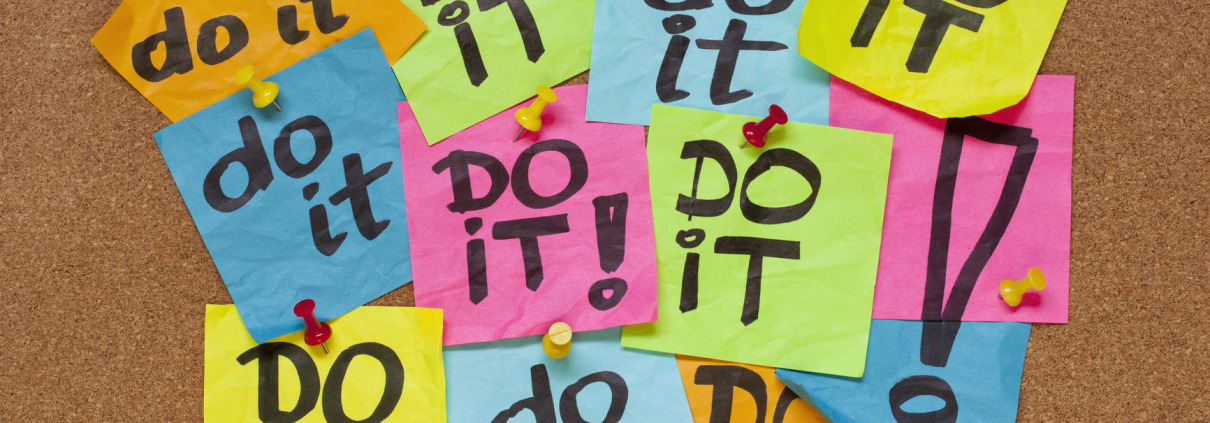Tips to Fight Every College Student’s Worst Habit: Procrastination
If you are a UCLA student, you are probably all too familiar with procrastination. In fact, you might even be procrastinating right now as you read this blog post! I am no different; I have lost count of how many times I have submitted assignments just an hour before they were due, telling myself “Never again!”…
According to procrastination research, 80-95% of college students procrastinate, especially on their academic work. Consequently, It is no surprise that procrastination is consistently associated with a lower grade point average. In addition to poor academic performance, another study found an association between procrastination and chronic health problems such as hypertension and cardiovascular diseases, which is likely due to the added stress procrastination can bring on.
Why Do We Procrastinate?
As summarized in a Washington Post article, there are many different views on why people procrastinate; some researchers claim it is due to lack of self-control, while others say it is a coping mechanism people use to deal with tasks they associate with fear or dread. Another proposed explanation is that procrastinators lack an emotional connection to their future-selves, which makes them to think about and relate to the future consequences of procrastinating today. Yet another perspective argues that some people intentionally choose procrastinate because they work better under the pressure.
How Can We Resist the Temptation to Procrastinate?
Whatever our reason for procrastinating may be, understanding how we can reduce resist the temptation to put off important tasks and learn better time management skills can help us to both improve our academic performance and our well-being.
Use Technology Wisely
Dr. Ferrari, an expert on procrastination, argues that today’s technology should be a helpful tool for better time management rather than a means of delay. One practical step you can take is putting your smart phone on Do Not Disturb mode. I do this often when I need to focus on reading, finish assignments in a short span of time, or get a good night’s sleep. By putting my phone on Do Not Disturb, I am able to free myself from the distraction that my phone brings. Another easy strategy is to utilize the calendar and/or reminder function and organize tasks in order of urgency and importance. There are also several apps you can download on your computer or phone to discourage procrastination. On your computer, try downloading the Blocksite extension for Google Chrome, which you can use to block Facebook, Pinterest, or other sites you tend to frequent when you’re avoiding tasks. If you have an iPhone, the app Procrastinatorr will send you notifications if you start to use other apps while you’re supposed to be working on a certain task.
Take a Break
While it may seem counter-intuitive, research has shown that taking a break is an important part of being productive. Some healthy ways to take a break include going on a walk, taking a tea break, meditation, and doing indoor exercises. Just make sure your break doesn’t become so long that it distracts you from moving on to the next task! Using a timer could be a good way to prevent this.
Whether you were reading this post as a way to procrastinate or not, I hope it encouraged you to be more productive and gain greater control of procrastinating. Procrastination may seem like a habit that is unbreakable, but I believe that with practice, we can fight the procrastination. If you have any tools or tips you have found helpful for fighting procrastination, please share them with me at livewellblog@gmail.com or on Facebook!
Miso Kwak is an undergraduate student at UCLA majoring in Psychology with a double minor in Disability Studies and Education Studies. In addition to blogging for the UCLA Healthy Campus Initiative, she plays the flute with the UCLA Woodwind Chamber Ensemble. Outside of school, she works as a mentor for high school students through Accessible Science, a nonprofit organization that facilitates science camp for blind youth.


